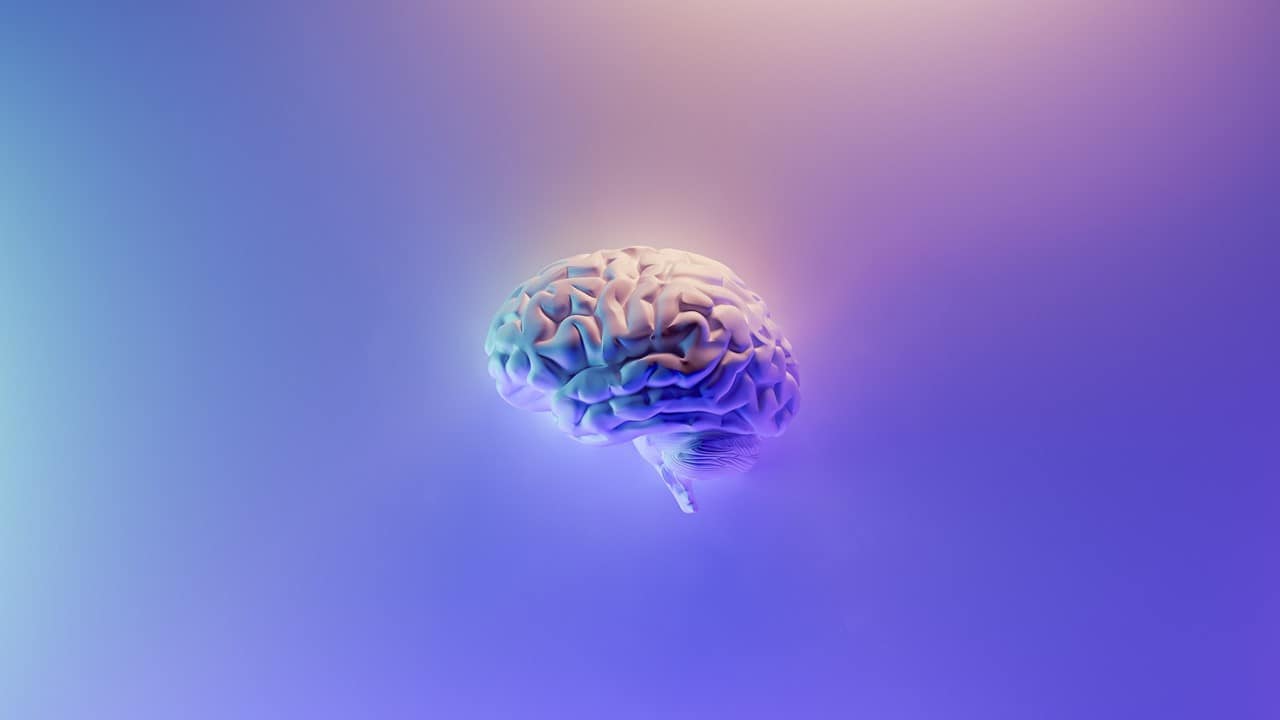Veganism is a lifestyle that involves abstaining from the use of any animal-based products, including meat, dairy, eggs, and even honey. The question of whether vegans eat honey is a topic that often sparks debate within the vegan community. While some vegans choose to include honey in their diet, many others view honey as a product that exploits bees and therefore choose to exclude it. Let’s delve deeper into the reasons behind this divide and understand the vegan perspective on honey consumption.
The Exploitation of Bees in Honey Production
One of the main reasons why many vegans choose not to eat honey is the process of honey production itself. Honey bees work tirelessly to collect nectar from flowers, which they then regurgitate and process in their hives to produce honey. Commercial honey production involves human intervention, which can disrupt the natural behavior of these bees.
- Beekeeping Practices: In most commercial beekeeping operations, bees are often subjected to practices that many vegans find exploitative. This includes clipping their wings to prevent them from leaving the hive and replacing their honey with sugar water, which deprives the bees of their own food source.
- Bee Health: The intensive management of bees for honey production can have negative consequences on their health. Bees can be exposed to pesticides, diseases, and other harmful factors that impact their well-being.
The ethical concerns surrounding the exploitation of bees in honey production is one of the core reasons why many vegans choose to avoid consuming honey.
Nutritional Considerations for Vegans
Aside from ethical concerns, some vegans also have specific dietary requirements or preferences that lead them to exclude honey from their diet. While honey is a natural sweetener, it is not considered a vegan-friendly alternative due to its animal origin. Vegans who follow a whole foods, plant-based diet often opt for alternatives such as maple syrup, agave nectar, or date syrup to satisfy their sweet tooth.
The Variety of Vegan Diets
It is important to note that veganism is not a monolithic belief system, and there is a wide range of approaches within the vegan community. While some vegans choose to adhere strictly to a plant-based diet, others may be more lenient and include certain animal-derived products if they are sourced ethically. This diversity of perspectives can also be seen when it comes to the consumption of honey.
One example is the philosophy of “bee friendly” veganism, where individuals who identify as vegan still consume honey but only from local, sustainable beekeepers who prioritize the well-being of the bees. These beekeepers may use alternative hive designs or avoid practices that harm or exploit the bees.
Alternatives to Honey
Vegans who choose not to consume honey have a plethora of alternatives available to them. Here are some popular options:
- Maple syrup: Derived from the sap of maple trees, maple syrup is a natural and delicious sweetener.
- Agave nectar: Extracted from the agave plant, this syrup is commonly used as a vegan-friendly alternative in baking and cooking.
- Date syrup: Made from dates, this sticky and sweet syrup is a nutritious substitute for honey.
- Brown rice syrup: Produced from cooked brown rice, this syrup has a mild and malty flavor that works well in recipes.
These alternatives can be easily incorporated into a vegan diet, providing similar sweetness and texture to honey without the ethical concerns that some vegans have.
The Verdict: It Depends on the Individual
So, do vegans eat honey? The answer varies depending on the vegan and their personal beliefs and values. While some vegans choose to exclude honey due to ethical concerns surrounding beekeeping practices, others may consume honey from local, sustainable sources or have dietary preferences that lead them to avoid animal-derived products altogether.
Ultimately, the vegan community is diverse, and individuals have the freedom to make their own choices regarding honey consumption based on their personal beliefs and values. The key is to stay informed, be mindful of the impact of our choices, and strive to make ethical and compassionate decisions in alignment with the core principles of veganism.










